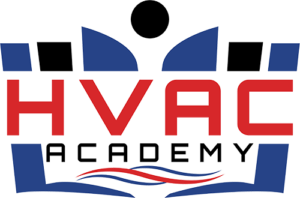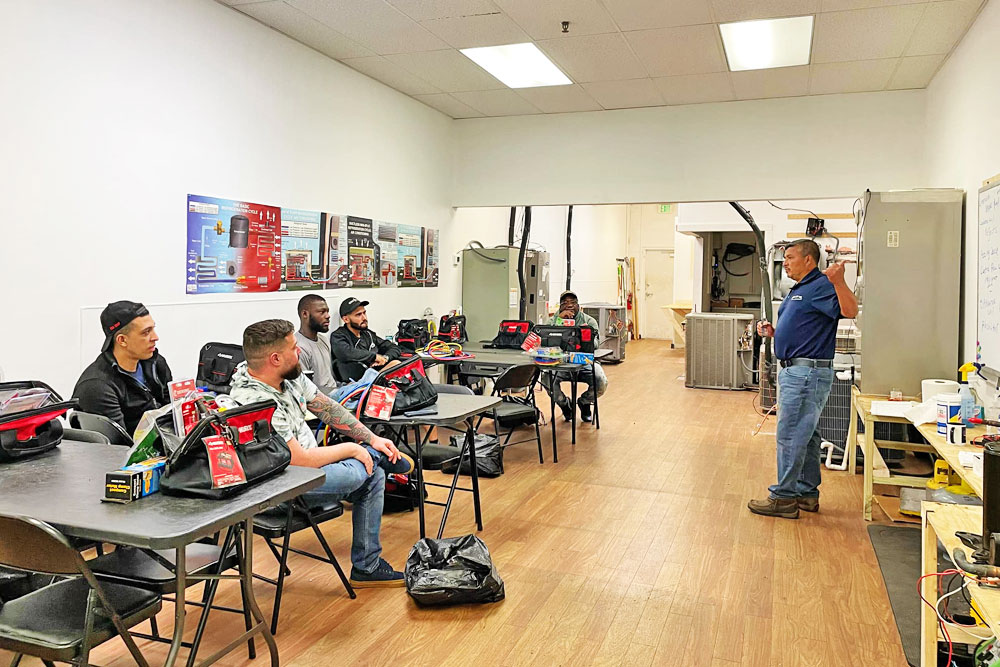In the rapidly evolving world of HVAC (Heating, Ventilation, and Air Conditioning), continuous education and professional development are vital for technicians to stay current with the latest technologies, industry standards, and best practices. This ongoing learning process ensures that HVAC professionals can provide the highest quality service, maintain safety standards, and enhance their career prospects. Here, we explore the importance of continuing education and professional development for HVAC technicians and the various avenues available for achieving it.
Why Continuing Education is Essential
- Keeping Up with Technological Advancements
- The HVAC industry is continuously evolving with new technologies such as smart thermostats, energy-efficient systems, and eco-friendly refrigerants. Technicians need to stay updated with these advancements to offer the best solutions to their clients.
- Compliance with Industry Standards and Regulations
- HVAC technicians must adhere to stringent industry standards and regulations. Continuing education ensures that they are aware of and compliant with the latest safety codes, environmental regulations, and industry best practices.
- Enhancing Skills and Knowledge
- Ongoing training allows technicians to expand their skill set, improve their troubleshooting abilities, and stay proficient in the use of advanced diagnostic tools and equipment.
- Career Advancement
- Continuous learning can open up new career opportunities, such as supervisory roles, specialized fields, or even starting their own HVAC business. It demonstrates a commitment to professional growth and excellence.
Avenues for Continuing Education
- Technical Schools and Community Colleges
- Many technical schools and community colleges offer advanced courses in HVAC technology, providing an opportunity to learn about new developments and refine existing skills.
- Online Courses and Webinars
- Online platforms offer flexibility for HVAC technicians to learn at their own pace. Numerous courses and webinars cover a wide range of topics, from basic system maintenance to advanced energy management solutions.
- Industry Associations and Organizations
- Organizations such as the Air Conditioning Contractors of America (ACCA), Refrigeration Service Engineers Society (RSES), and North American Technician Excellence (NATE) offer certification programs, workshops, and training sessions.
- Manufacturer Training Programs
- Many HVAC equipment manufacturers provide training programs to help technicians understand their specific products. These programs often include hands-on training and product-specific troubleshooting techniques.
- Apprenticeships and Mentorships
- Apprenticeships and mentorships provide on-the-job training under the guidance of experienced professionals. These programs are invaluable for gaining practical experience and learning industry best practices.
Benefits of Professional Development
- Improved Job Performance
- With enhanced skills and knowledge, HVAC technicians can perform their jobs more efficiently and effectively, leading to higher customer satisfaction and repeat business.
- Increased Earning Potential
- Technicians with advanced certifications and specialized training often command higher salaries and have better job prospects.
- Professional Recognition
- Continuous education and professional development can lead to industry certifications and accolades, which enhance a technician’s professional reputation.
- Adaptability to Industry Changes
- Technicians who engage in ongoing learning are better equipped to adapt to industry changes and new technologies, ensuring they remain relevant and valuable in the job market.
Strategies for Effective Professional Development
- Set Clear Goals
- Define specific learning objectives and career goals to focus your continuing education efforts.
- Stay Informed
- Keep abreast of industry news, trends, and innovations through trade publications, online forums, and professional networks.
- Seek Feedback
- Regularly seek feedback from peers and supervisors to identify areas for improvement and opportunities for growth.
- Commit to Lifelong Learning
- Embrace a mindset of continuous improvement and make learning an integral part of your professional routine.
Continuing education and professional development are critical components of a successful HVAC technician’s career. By staying current with technological advancements, industry standards, and best practices, technicians can enhance their skills, improve job performance, and advance their careers. With a variety of educational resources and training programs available, HVAC professionals have ample opportunities to invest in their professional growth and achieve long-term success in the industry.
Register for our HVAC Technician Training Program for a brighter future ahead. Contact us.







Leave A Comment